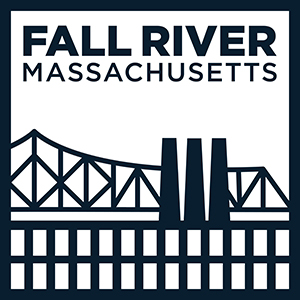Community leaders representing United Interfaith Action of Southeastern Massachusetts (UIA) questioned city and state elected officials seeking solutions to increase affordable housing options in Fall River.
Those in attendance Monday at the Good Shepherd Parish Hall on South Main Street are concerned that rising rents are making Fall River less affordable. UIA community leader Al Araujo said 64% of the city’s population are renters and inflation is forcing residents to spend more on housing.
Ronnell Clark shared his story of housing insecurity. He has battled addiction and has been homeless and is struggling to afford his modest living arrangements.
UIA members sought support from State Representatives Paul Schmid and Carole Fiola on a proposal for cities and towns to impose a fee on home sales of over one million dollars that can be used for rent subsidies or affordable home construction. The Real State Transfer Tax is currently before the Senate. Representative Schmid said the bigger issue is mandating suburbs around Fall River do more to create their fair share of affordable housing.
Representative Fiola said more money for affordable housing is on the table as part of the House’s $6.2 billion Housing Bond Bill, which will incentivize the creation of more housing statewide.
Fall River Mayor Paul Coogan was also given targeted questions about making housing more affordable. On whether he supports the creation of inclusionary zoning to require developers to make at least 10 percent of their new housing units affordable, the mayor said enforcement is difficult, and the communities in Massachusetts with such a policy have not seen rents drop.
In terms of adding additional units of public housing paid for by the Federal Government, the mayor said the idea sounds like a good one but ongoing costs along with which residents will qualify make the plan less appealing.
The mayor was also asked about converting the former Wattupa Heights site to affordable housing. The mayor said the plans for the site are tied up in a court and the land is not controlled by the city but by the Fall River Housing Authority.










Comments are closed.